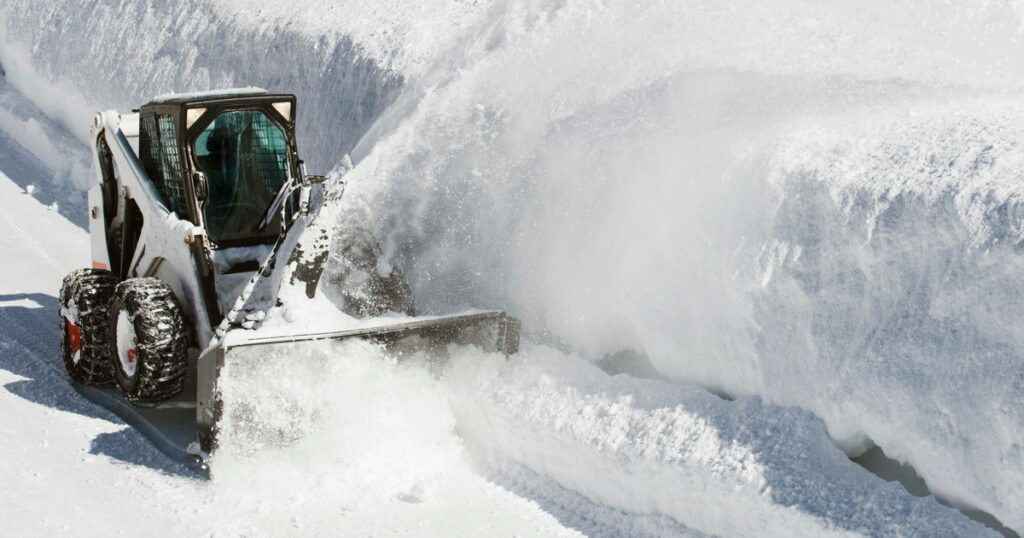
Winter is upon us, and along with the cold temperatures, the snow and ice pose inherent risks to many businesses in the Western New York Area. But there are steps you can take to address winter safety which can help keep your business and your employees safe and well.
Follow these winter safety tips to protect your company, as well as your employees and tenants:
1. Use plowing and salting logs.
Logs should show the date, time, who performed the salting or plowing, and where it was done (parking lots, sidewalks, entrance ways, stairs, etc.). Keep in mind: good logs can impact the outcome of a claim.
2. Know your service contract.
For instance, does the contract state you are “to call” for plowing or salting unless it snows a certain amount? If so, make sure you do call when needed and document it. Also, make sure your contractor is keeping records (or better yet, keep your own records).
3. Regularly inspect your premises.
Check for any potential slipping hazards in and around gutters, or in corners where runoffs occur to prevent any key safety issues. Make sure addressing winter hazards are part of your slip, trip and fall prevention program.
4. If you own rental property, instruct tenants to report incidents to you.
Oftentimes, issues don’t get reported right away, which can impact the investigation and payment of a claim.
5. Any accidents that occur should be promptly documented and reported to your agent.
In the unfortunate instance that you have to report a claim, we are here to help! Take a picture of the area where the accident occurred and document your claim, contact your insurance agent as soon as possible.

